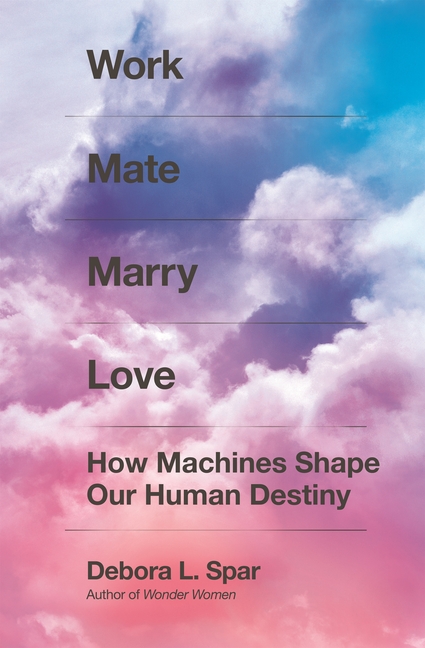... appears urgent and timely. The book takes on such topics as gender roles, reproductive technologies, and the changing nature of work—all of which haunt a public under terrible social and economic pressures. Yet those pressures are only occasionally addressed, and when they are, the framing reveals much about this book’s fundamental flaws ... divided into three sections, each ambitious enough to merit its own volume ... While a thoughtful scholar might narrow her vision or consider a multi-volume approach, Spar barrels forward with more ambition than care ... If she’d limited her discussion to a business approach, there might be value here, but Spar instead attempts to illuminate complex issues of gender, labor, and history without a significant background in any of the three. The resulting material is simplistic, poorly researched, and resistant to both intersectionalism and decades of careful scholarship ... The resulting 'We' I 'the way We live' is overtly white, middle-class, bourgeois, aggressively capitalist, and apparently heterosexual until the 1980s, when white, middle-class gay men spontaneously emerge to join humanity’s run toward uncomplicated posthumanism, mediated by technology and pleased with the results. This is, of course, the 'we' that’s been represented in mainstream discourse for most of American history, but in the present context, it borders on obscene ... If Work, Mate, Marry, Love is intended as a scholarly text, it’s a failure. Its chapters are thinly presented and poorly researched, ignoring decades of careful, detailed scholarship ... If Work Mate is intended as an introductory text for a popular audience, it’s an oversimplified travesty, apparently intended to provide a theoretical framework for business and political policies that fail to take into account the lived reality and ongoing needs of most of the people who actually 'live now.'
Read Full Review >>

